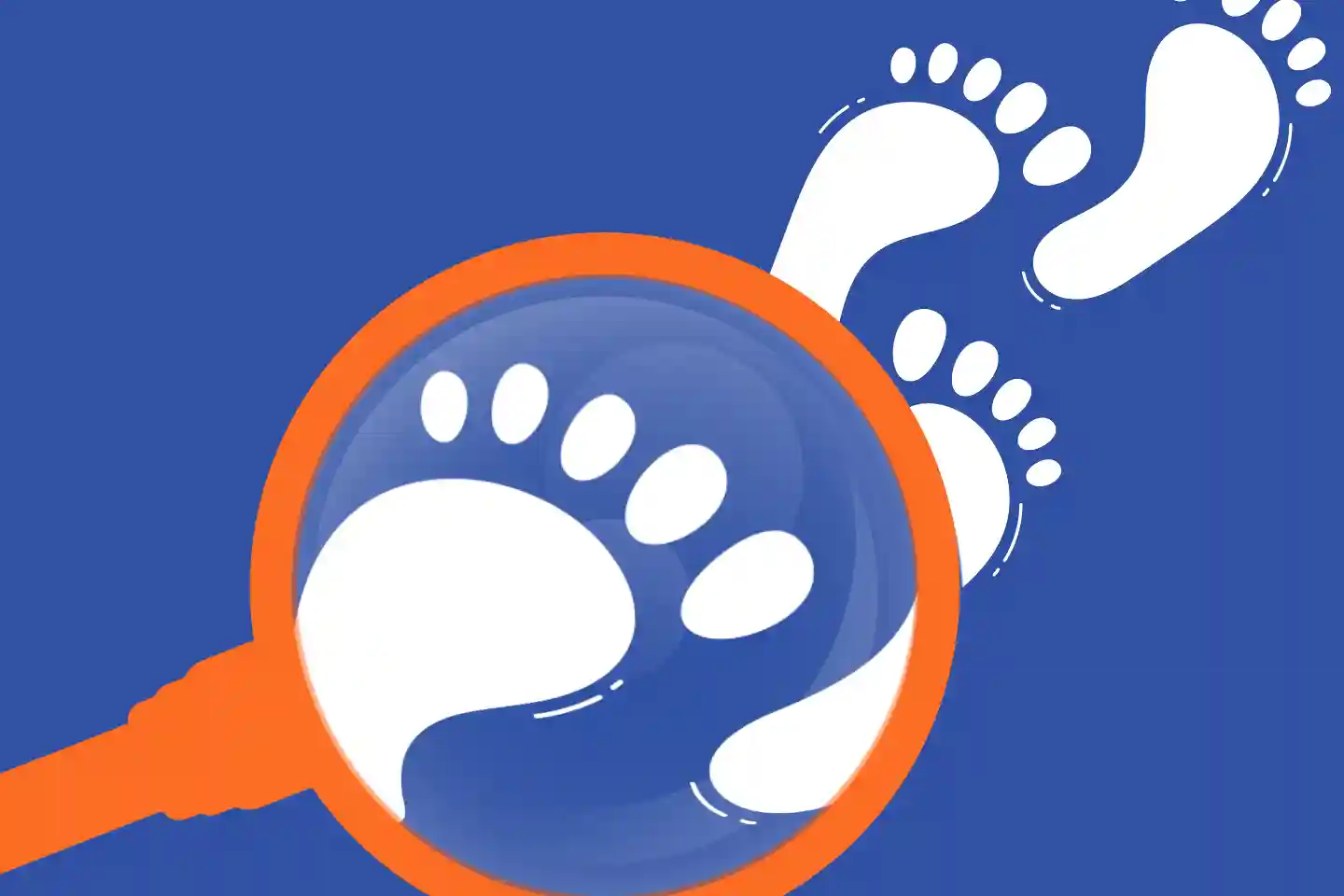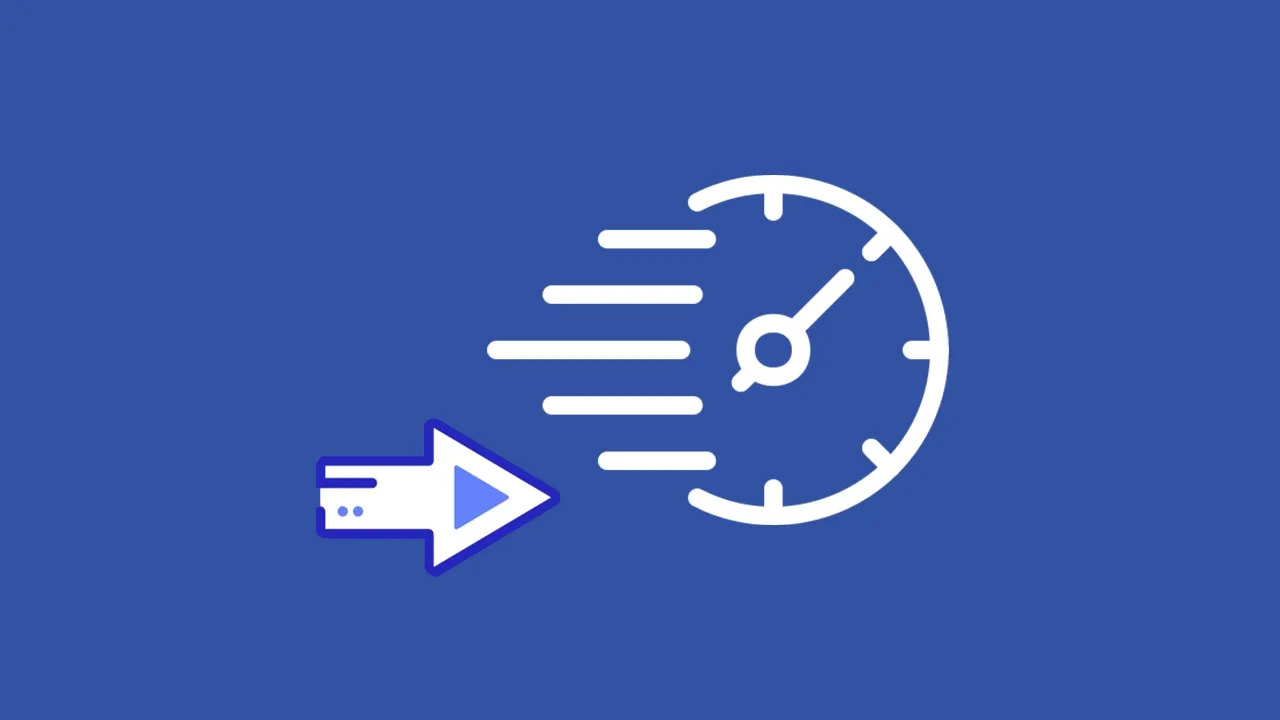Last week passed under the sign of a computer upgrade. I’ve been looking for every possible variant for upgrading various parts like gpu, cpu, RAM. Constant research and calculation of what’s profitable to buy and what’s not so efficient.
By spending this time I’ve started to think if such improvement will not cover the time I’ve spent already for choosing the best option. Fast CPU - really helps to work much faster, especially more is done during the most efficient minutes of work. Everything looks great, BUT this constant run for improvement always sets new goals for even faster configurations.
I’ve checked the Browser’s history and was shocked again by the number of pages visited during this last research. What’s interesting - it’s the pattern. I’m starting to search for computer parts after I did some small tasks/jobs. Like an award for good work, I’m looking for better tools to do my work.
But what’s worse - it pushes me to the territory of Youtube to watch some overviews, benchmarks. And then it inevitably catches my attention with some junky thumbnails, and then a whirlwind of videos about cats, news, clips, and so on comes to my life.
As I mentioned in the title about Spying, it was interesting to check what I am doing each new day, from the other side of Browser History. This helps to find those moments, when you’re having gaps in your schedule, and the first idea you accept - is to visit some well-known internet resource.
If it’s impossible to cut away from my life, I’ve thought it would be good to use for good. Just putting something useful instead of unconscious browsing, consuming some information that actually you DON’T need. And these cues are important to define and use at the right time.
It feels strange and a little dirty to sort all this garbage that you’ve watched during the last week, but sometimes it hel0ps to remind you what your short-timed interests were about. Even some good ideas can appear after finding something you’ve missed during the week.
I think it’s a similar process as planning, so it’s better to have some notepad to make some marks about ideas appearing during this process.
I remember how I did this with Chrome. But it has a strange bug, which is resetting the history window, when you scroll down through the history, and when it opens another page you’re jumping back to the start and have to scroll again. Firefox doesn’t have such a problem. I simply review the list and analyze my decision making.
After a rough estimation, it was clear that less than half of what I was browsing were unnecessary resources. What was signaling about the serious problem. A little later I’ve been ready to summarize that it’s about only 10-20% of sites that were really used for work. Adding 80-90% of time to my work would definitely increase my speed of work. Much better than the fastest CPU…
The problem is not just in browsing resources that’s not directly connected to the work. It’s more a random uncontrollable outcome. I can spend 2-3 minutes or 2-3 hours and it will be “not noticeable”. I always think that I’m constantly busy and working, while most of the time, it’s something else, but NOT work in reality. Kinda funny to realize that’s needed to control what I’m doing during the time when my computer is connected to the internet.
Last time I was thinking that I’m having too much time in front of the screens. I thought it’s necessary to remove at least the mobile phone during those short breaks I have in between work. But the problem is hidden in my browser.
I decided to pay more attention to my time and revise each activity I do. It’s impossible to limit myself instantly from the internet. But it’s needed at least to watch, to spy and to know how this “need of the internet” is triggered, what it gives instead. Maybe even limit the internet time for some 20 minutes or an hour. To write down the most necessary requests on paper, and only then to come closer to the computer with an internet. Needed to remove the browser icon, turn off the connection, and use site blockers. Not sure how to do it the best way, but it’s necessary to do it somehow.
Direct benefit - is more healthier eyes, spine and mind. There was no scientific research about that, but I think when the information is not structured properly it can bring some mental penalties in conjunction with poor sleep. Many weren't aware about how smoking affects the health. It was so for centuries. Maybe similar things are with the internet.
To step backwards 😀 and write thoughts about the best cost/value computer for motion design I can drop these specs, if you ever decide to upgrade or buy a new computer:
So, the best optimal configuration is:
based on these benchmarks i5-12600K or i7-14700KF
RAM Minimum 64 GB or 128 GB - DDR5 - speed is important but it affects the price so much. RAM kits with 6000MHz are the optimal for cost/value.
Nvidia RTX 3060 12GB- optimal, for 4-8k video editing, or some 3d work in UE5. For fast GPU renders probably needed much more than that.
Motherboard z790 DDR5 16+1+1 power stages or more for some overclocking. (It’s hardest part to define which MB is better for your work)
I’ve bought ASUS TUF Gaming Z790-PLUS WiFi (not D4)
But looks like Z790 Steel Legend WiFi - best overall in this class
Fast nvme 1-2 TB. plus additional disks, according to your work.
Don’t use RAID0, it’s not worth it. RAID 1 (or RAID 10 is really fine decision, tested)
Share your stories about efficiency in the comments!
Subscribe and receive emails from me each Saturday.





Comments